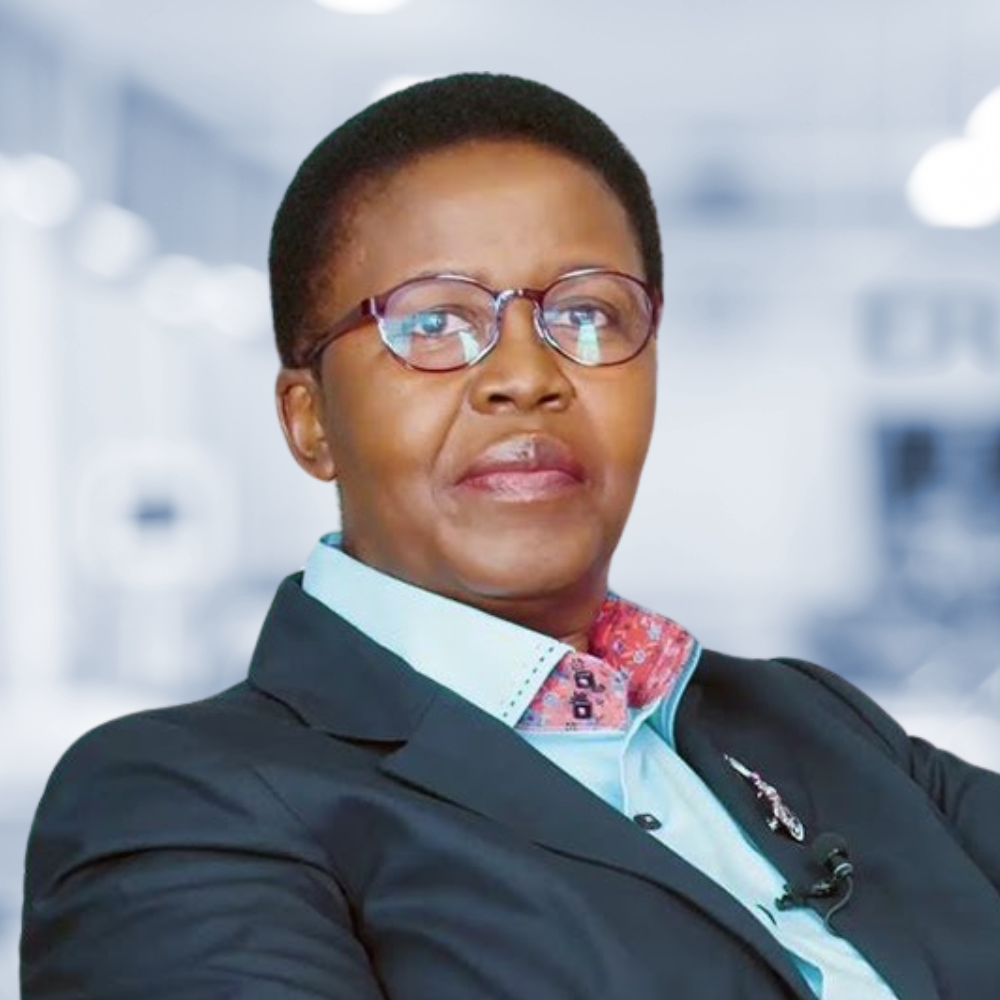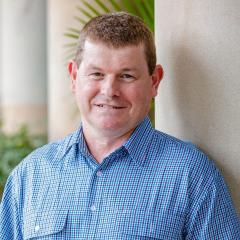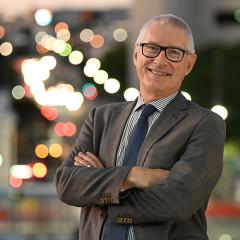
Science, skills and collaboration are essential to transforming Africa’s livestock systems for the future, according to scientist, advisor, and farmer Professor Lindiwe Majele Sibanda.
The University of Pretoria Extraordinary Professor, Co-Chair of the Food Planet Prize, and Richard von Weizsäcker Bosch Academy Fellow will be a keynote speaker at the TropAg conference in Brisbane this November.
Professor Sibanda said climate change, a lack of real-time advisory services, and shifting market demands had exposed the fragility of existing systems — and the urgency of redesigning them for productivity, equity and planetary health.
“As a farmer in Zimbabwe, I, like most African livestock farmers, operate in a high-risk, high-cost, low-margin environment where climate shocks, disease, market inefficiencies, and policy gaps feed into each other,” Professor Sibanda said.
“The biggest challenge is a lack of access to affordable technologies, as research outputs are often not translated into usable, farmer-ready formats.
“That’s not just a market inefficiency; it’s an equity gap we must close.”
Professor Sibanda said the region had scientific strengths in livestock emissions research, but also serious weaknesses.
She listed the weaknesses as including:
• Fragmented research networks and weak cross-country collaboration.
• Minimal integration between livestock, crop, and soils research.
• A lack of funding and infrastructure outside South Africa.
• Limited translation of research into farmer-ready tools or policy.
To solve these challenges, Professor Sibanda proposes more investment across the key areas of science, collaboration and skills.
“Coordinated, transdisciplinary African research platforms focused on low-emission, climate-resilient, productivity-enhancing systemsare needed,” she said.
“We also need multi-actor partnerships linking research, policy, industry, and farmers to turn isolated projects into scalable impact, to address climate change by promoting new techniques to reduce emissions.
“And to meet the skills need, short certification courses along every livestock value chain would rapidly equip both farmers and service personnel with practical, future-ready competencies.
“Agriculture is a science and should be attracting the same numbers and prestige as other professions.
“We need to make it a career of choice for young people, with clear skills pathways and modern, relevant training,” Professor Sibanda said.
“If we combine the best of science, collaboration, and skills, we can build livestock systems that nourish people, regenerate ecosystems, and prepare every farmer to thrive in a changing climate.”
The TropAg 2025 Conference will be held from November 11 to 13, 2025, at the Royal International Convention Centre in Brisbane. View program and register www.tropag.com.au.
TropAg is hosted by The University of Queensland and backed by sponsors including the Australian Centre for International Agricultural Research, the Food and Beverage Accelerator and the Brisbane Economic Development Agency.
Download images from Dropbox
Contact: TropAg media coordinator, Natalie MacGregor, n.macgregor@uq.edu.au, +61 409 135 651, tropag.com.au.
The Queensland Alliance for Agriculture and Food Innovation is a research institute at The University of Queensland, established with and supported by the Department of Primary Industries.



